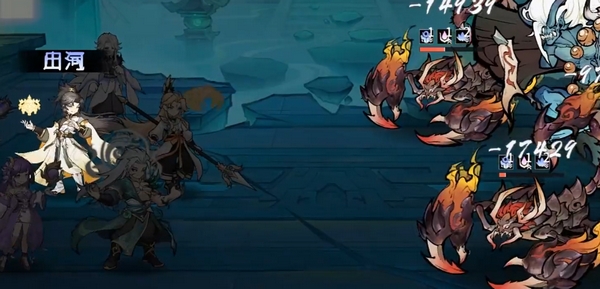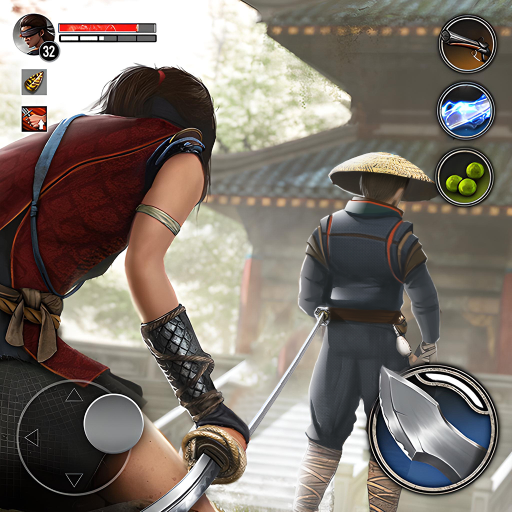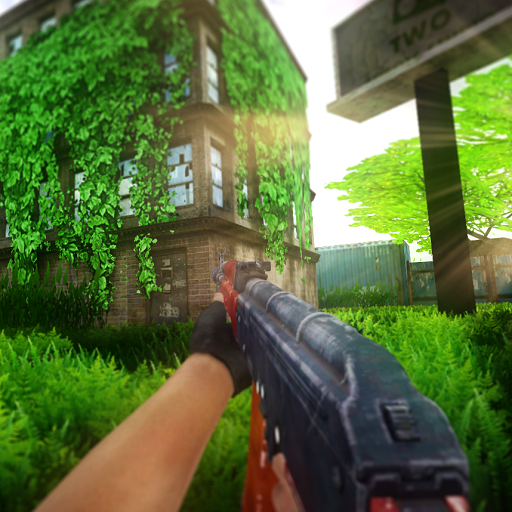In the early stages of the Miracle World Origin game, as beginners, you need to carefully plan every step to make full use of limited resources and quickly enhance your strength. In today's guide on starting out in Miracle World Origin, you will learn that the development strategy in the early stages is crucial. At this point, you can follow the main quest closely and explore this unknown world.
While completing the main quests, beginners should not miss the opportunity to earn more achievement points and challenge bosses. For new servers, each map's achievements hide rich task rewards. Besides the achievements and boss challenges in the main quests, there are also a series of daily tasks in the game, including essential ring-running tasks for leveling up and bounty tasks with abundant materials. The ring-running tasks are interconnected, and by completing a series of task objectives, you can gain considerable experience rewards.
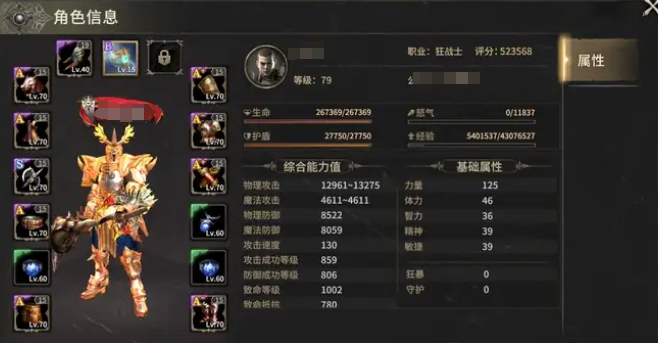
Bounty tasks offer the chance to obtain various precious materials during completion, which will provide important support for subsequent equipment crafting and enhancement. Therefore, it is recommended that everyone set aside some time every day to seriously complete these tasks, accumulating little by little. After successfully completing the basic daily tasks in the early stages, the next phase is critical in determining whether players can stand out without spending or with minimal spending, becoming big shots in the game. This is the exploration of key gameplay features.
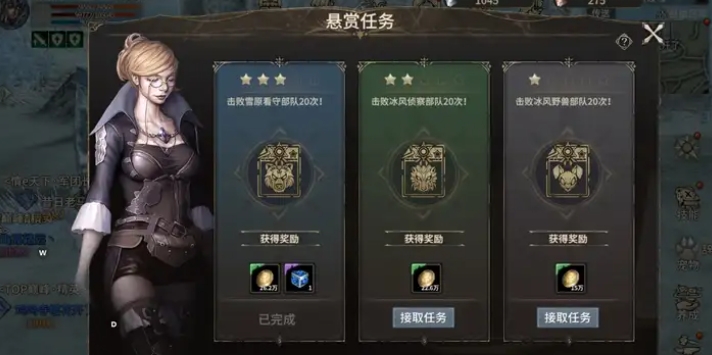
The key gameplay features in the game include dungeons, Blood Tower, invasion events, and Demon Square, among others. Due to their rich and diverse content, let's start with dungeons. In the early stages of the game, leveling up is relatively easy. The 40-level threshold is easily attainable for most players if they follow the normal game pace. Once you reach level 40, you can embark on a new dungeon journey. Before that, you can accumulate equipment capital through first-tier dungeons and try to farm a purple weapon at level 30.
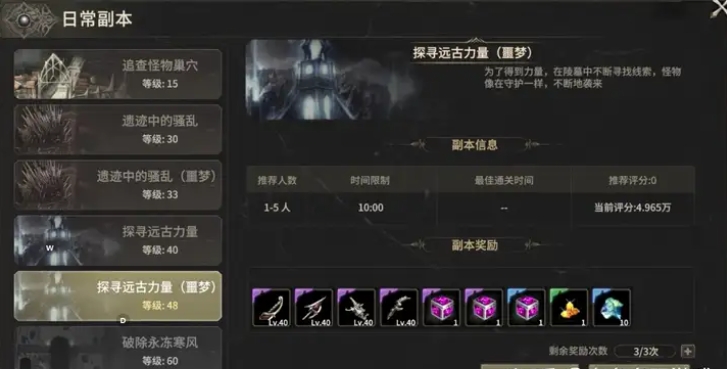
Once you have the level 30 purple weapon, you can then challenge the level 40 dungeons. Here, you have the opportunity to obtain more powerful second-tier weapons and equipment. Although the dungeon itself has a limit of three attempts, the game provides a very considerate mechanism: you can use the bound vouchers obtained in the early stages of the game to buy additional dungeon entry scrolls from the mall, allowing you to run 13 normal dungeons per day. This gives you more opportunities to acquire second-tier equipment.
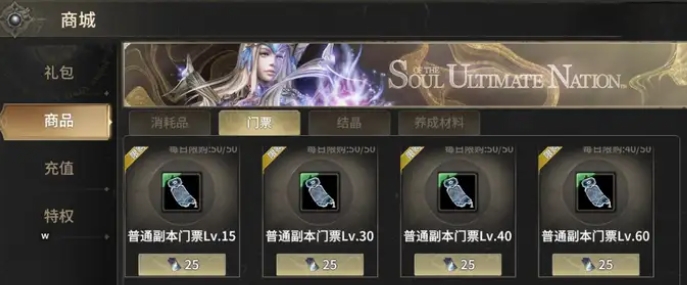
If you're lucky enough, putting together a set of second-tier equipment is no problem. Once you have obtained the second-tier equipment, the next step is to consider equipment enhancement. However, equipment enhancement is not as simple and direct; it is divided into three parts: basic enhancement, equipment upgrade, and equipment addition. In the early stages, the focus should be on equipment upgrades. Through reasonable upgrading operations, you can create a set of A-grade gear as soon as possible.
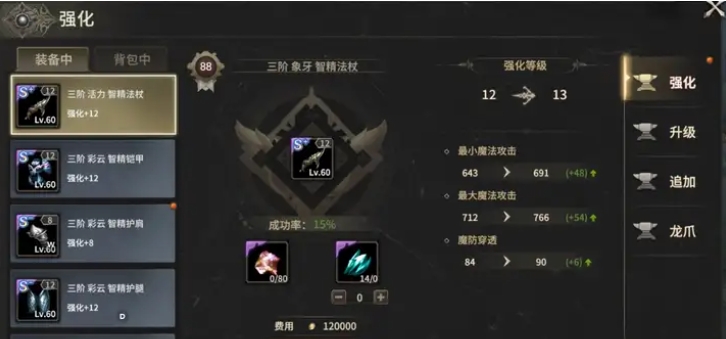
After confirming the equipment upgrade, you can proceed with equipment enhancement and addition. Note that while some materials for equipment upgrades and enhancements can be dropped in dungeons, this is only a small part. The main way is still through crafting. Additionally, there is a very important red-name penalty mechanism in the game that players need to pay special attention to. Simply put, if you kill other players in non-red zones, as the number of kills increases, you will enter yellow-name and then red-name states.
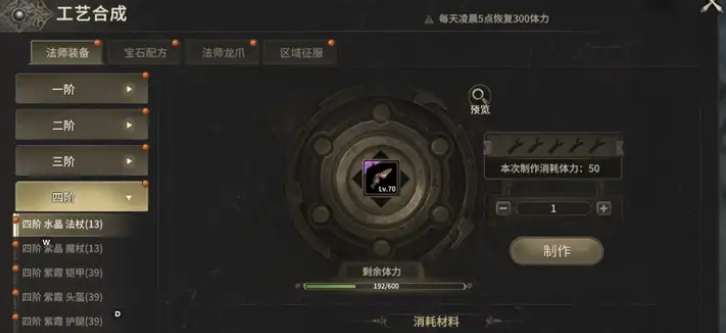
In the yellow-name state, if you are killed by another player, the random equipment enhancement level will decrease by three. The red-name state is even more severe; once in red-name, the equipment enhancement level will be reset to zero. To avoid such a tragedy, it is not recommended to enhance equipment too early in the early stages. If you have already enhanced to a certain extent, it is suggested to maintain a peaceful mode for development. Among the key points to avoid pitfalls in the early stages, first, do not blindly follow the trend to choose strong professions.
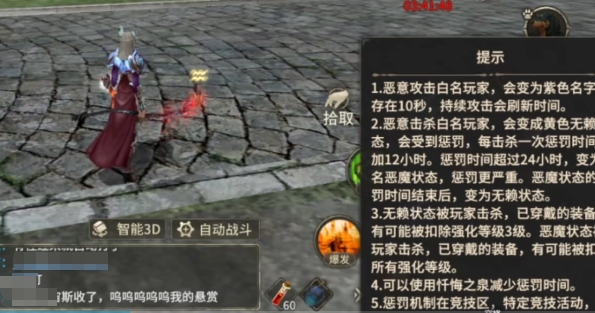
For example, the Berserker class, although very powerful in the later stages, is highly dependent on equipment in the early stages. When the equipment is not yet formed, the gaming experience will be very poor. For new players, it is easy to give up the game due to the difficulties in the early stages. So, when choosing a profession, one must consider carefully. Secondly, pay attention to the complementarity of professions. When teaming up for high-difficulty dungeon challenges, many players often overlook this, leading to frequent wipeouts. Finally, pay attention to the suitability of attribute allocation.
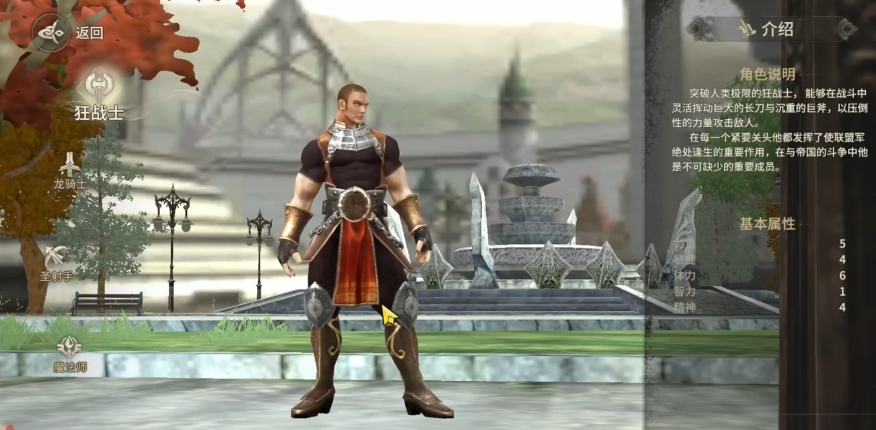
In the guide on starting out in Miracle World Origin, not only can you see some precautions for the early stages, but you can also see that each profession has its unique attribute growth direction. If you ignore this when allocating points, even with more equipment compensation, the effect will still be different.

